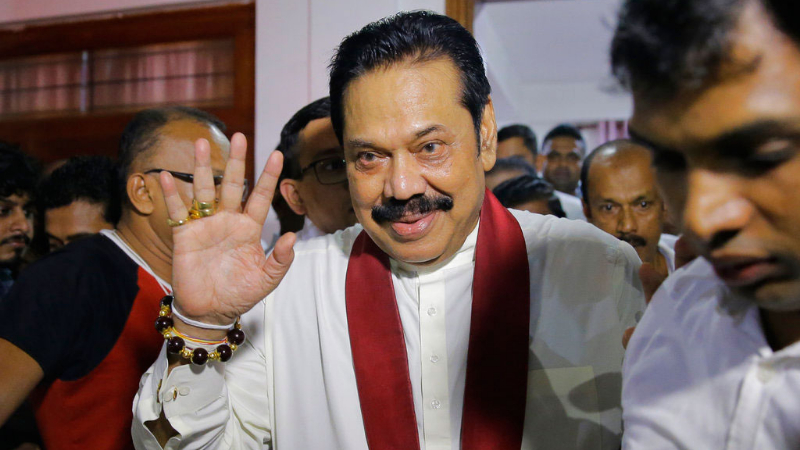Politicking can only partially explain the onset of political instability, the kind that is being witnessed in Sri Lanka at the moment. The subversion of constitutional provisions is an undeniable factor that contributes to this kind of chaos. It is doubtful whether the president, Maithripala Sirisena, had thought of constitutional imperatives while sacking Ranil Wickremesinghe — now a former prime minister — thereby making it possible for Mahinda Rajapaksa to claim the mantle of prime ministership.
Differences had crept in between Mr Sirisena’s United People’s Freedom Alliance and Mr Wickremesinghe’s United National Party over several issues, including the sensitive question of human rights violations by the military during the civil war. But the manner in which the UPFA parted ways with the UNP has raised uncomfortable questions concerning the violation of established statutes. For instance, the 19th Amendment does not give the president the power to dismiss the prime minister who holds a majority in Parliament. Mr Sirisena has claimed that the cabinet ceased to exist with the UPFA’s withdrawal from the alliance, and that the absence of a cabinet makes the prime minister’s continuance untenable. Significantly, Mr Wickremesinghe says that he has the support of the majority, prompting his supporters to allege that Mr Sirisena had suspended Parliament till the middle of November in order to wean away the former’s supporters. It may be difficult to gauge the future direction of the political winds. But one thing is certain. The erosion of constitutional proprieties — now a subcontinental phenomenon — is a recipe for disquiet.
The prevailing uncertainty would have an impact on the Great Game that is being played out in and around the island nation. Beijing has described the crisis as an ‘internal affair’. But it would not be unhappy about the elevation of Mr Rajapaksa who is perceived to be close to China. Meanwhile, New Delhi must weigh its options carefully. A bullish intervention could lead to a deterioration in bilateral ties but India’s strategic interests must also be maintained. It appears to be the hour of quiet diplomacy. But that may not be the Bharatiya Janata Party’s forte.










